
Study Warns That AI ‘Griefbots’ Could Become a Burden
A new study from the University of Cambridge called for "safeguards" around the use of "griefbots," lest they end up becoming digital ghosts.

A new study from the University of Cambridge called for "safeguards" around the use of "griefbots," lest they end up becoming digital ghosts.
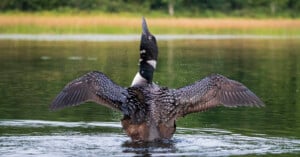
For me, the most enjoyable part of wildlife photography is not the photos themselves; it's being in nature. However, it is essential to do so safely, especially regarding the safety of wildlife.

New York City Mayor Eric Adams announced the city will trial a new artificial intelligence tool that detects guns.

More than 200 companies and organizations signed on to join the US AI Safety Insitute Consortium to advance responsible use of artificial intelligence.
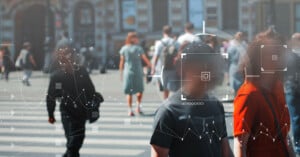
The national and New Jersey chapter of the American Civil Liberties Union filed an amicus brief in support of a man who was reportedly wrongfully arrested after facial recognition misidentified him.
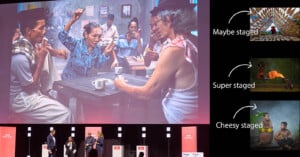
Ah, the world of photography – where the line between candid images and artfully contrived scenes grows increasingly hazy. It’s as if the debate about staged photos and their place in photography competitions never quite loses its luster. But wait, we’ve got another gem to share: the revelation of a prize-winning staged photograph in yet another photography competition.
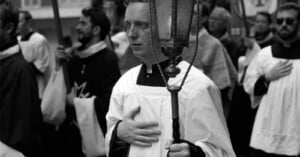
It’s difficult to see how anyone other than the photographer is responsible for a photograph they may take, although I’m sure there are some specific exceptions – but usually, if a photographer is not responsible for their photograph, then who should be?

Since it has seen deployment by police, facial recognition has caused no less than six people to be wrongfully and accused and arrested for crimes they did not commit, yet the technology continues to be used.
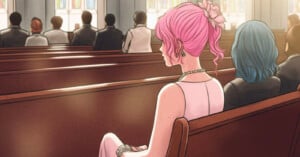
Yesterday, ethicist Kwame Anthony Appiah published his response to a parent of the bride's question: would it be ethical to digitally alter the hair color of a guest at the wedding? Appiah argues yes, but I think that answer misses the mark.
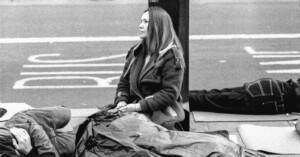
I recently wrote about the importance of discourse on the ethics around photography, where I offered my perspective on why rules and doctrines around decision making can diminish your ability to stand behind your work, justify your decisions, and really take responsibility and ownership over your vision.
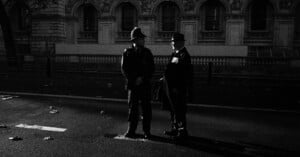
Seeing is believing. This concise rhetoric goes a long way to explain the power of photography. Where a statistic can reduce an entire country to a few numbers a photograph can bypass the mind and head directly to the heart via the eyes. Emotional, heartbreaking eyewitness testimony is just another block of text compared to the medium which makes the viewer themselves an eyewitness to whatever the photographer wanted to show them.
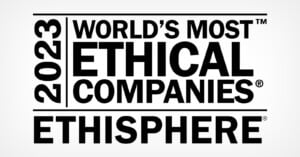
Sony is one of 135 global organizations that has been recognized as one of the planet's most ethical companies. It is the only camera manufacturer to appear on the list this year.
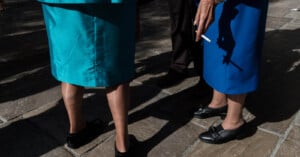
I love street photography, I teach street photography, I promote street photography, I defend street photography, and want everyone to experience the fun of doing street photography!
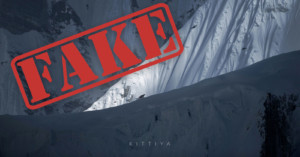
The photographer who claims to have shot spectacular photos of snow leopards in the Himalayas has admitted that they are composite images.
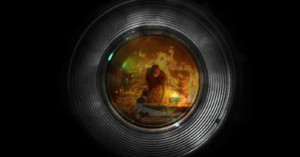
“First do no harm…” Sometimes I think that there should be a Hippocratic oath for journalists due to the extremely sensitive stories that we sometimes encounter, and if there were such a text, it should start with those preceding four words.
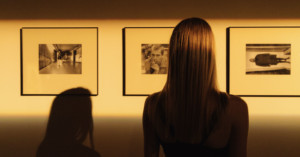
Photography competitions garner hundreds of thousands of entries per year and give away about as much money to a small subset of winners. But when those competitions are judged by well-known photographers —which is expected of any prestigious competition — this industry is small enough that it is mathematically impossible to avoid the possibility of a conflict of interest arising.

Meta's Oversight Board has announced that the company has agreed to commit an additional $150 million, which is in addition to the initial $130 million when it was founded in 2019.
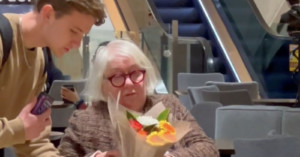
A woman who appears in a viral TikTok video that's been watched over 60 million times, says she feels "dehumanized" by the experience.
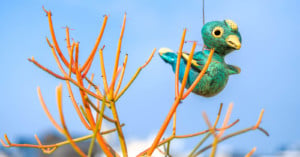
There is a lot of discussion these days about the pros and cons of post-processing. Is it good or bad, why do we do it at all, shouldn’t photography be representative of reality? Authentic? Isn’t the image out of a camera the real thing? Isn’t editing cheating?

NBC has sparked criticism for airing edited photos of transgender University of Pennsylvania swimmer Lia Thomas that softened the athlete's facial features. The photographer behind one of the photos says she is "surprised and disappointed" at what was done to her original shots.
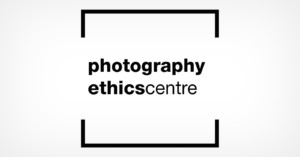
The Photography Ethics Center is asking all photographers to commit to publishing a statement of ethics on their websites. By doing so, the hope is that all photographers will think more proactively about the ethics of their work.

After significant backlash, the Associated Press pulled plans to offer a video of a boat overcrowded with migrants as an NFT. The situation has called into question the ethics of selling photojournalism at all.
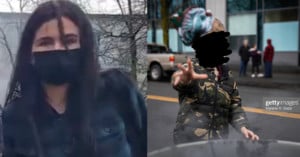
An independent photojournalist who contributes to Getty has been accused of staging a photo of a child throwing a mask into a burning barrel during an anti-mask protest in Portland, Oregon.
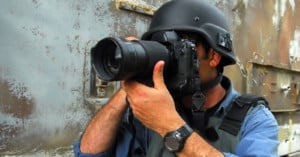
There are many debates about ethics in photography. One such debate is around making money on photos that show human suffering. It could be appropriate, but there are a few caveats you should consider before selling such work.
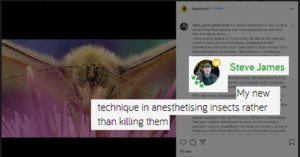
Macro insect photographers are up in arms this week after the title of "Bug Photographer of the Year" was awarded to a photographer who drugs his subjects for his ultra-close-up photos.
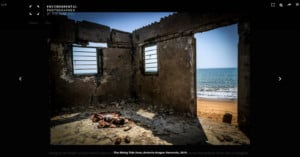
The photographer who was recently awarded The Environmental Photographer of the Year title has come under scrutiny for his use of children in his portfolio. The controversy has raised questions about child protection in contests and the photography industry at large.
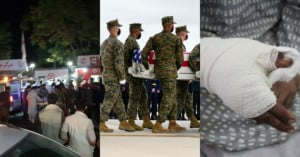
Devastating photos and videos emerged from Afghanistan as the Taliban regained control of the country and U.S. troops prepared to withdraw in August 2021.
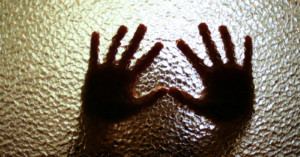
Italian photographer Marco Gualazzini has been dropped from a revered photography grant after he was accused of breaking child protection laws and putting underage victims of rape in danger by revealing their identities without their consent.
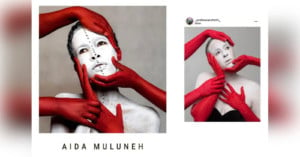
In 2014, curator Simon Njami engaged Ethiopian artist photographer Aïda Muluneh to interpret Dante’s Inferno for an exhibition at the Smithsonian’s National Museum of African Art entitled The Divine Comedy: Heaven, Purgatory, and Hell Revisited by Contemporary African Artists. Muluneh’s “The 99 Series” featured a model set against a light grey mottled background, with her body and face covered in white paint, and her hands dipped in red.
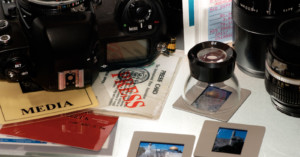
I began working on a long-term project on child sexual abuse after receiving a three-day assignment from Marie Claire magazine USA to work with the Police Child Protection Unit in South Africa documenting infant rape. This was back in 2001, but I feel the lesson learned is still very relevant today.